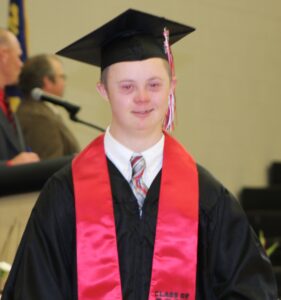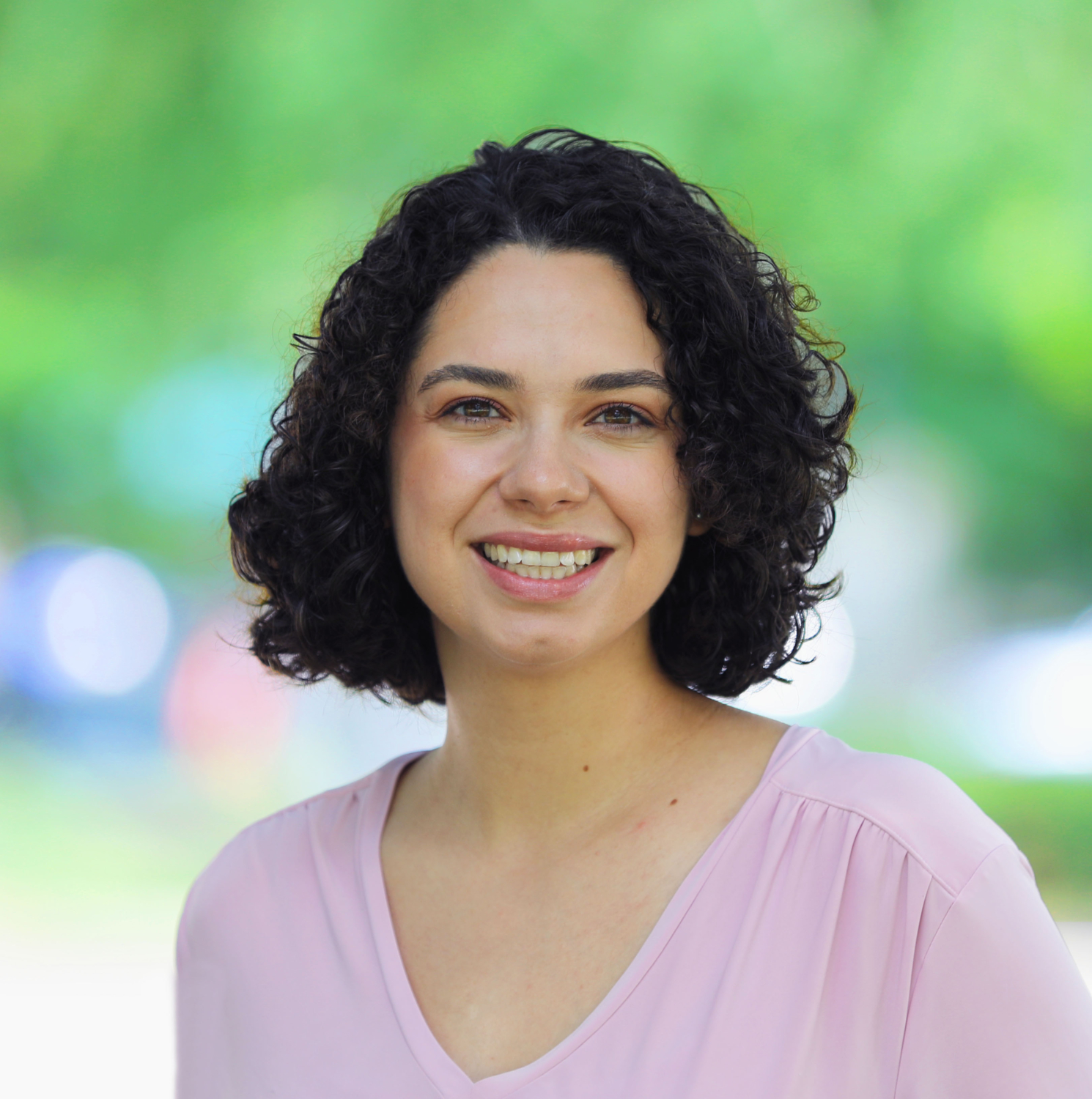Inclusive Paths: A Parent’s Fight for Educational Diversity for Students with Disabilities
In Montana, a family’s quest for a suitable educational path for their children, particularly one with special needs, underscores a pivotal issue facing many American families today. Sue Vinton, a Montana State Representative from Billings, knows this personally.
When her son, Jake, who has Down syndrome, was preparing to enter high school, the family interviewed a local school district but learned it didn’t have the types of programs and integration for students with disabilities Jake needed.
“We quickly realized that that was not going to be a good fit for our son because they did not have an inclusive mindset. Jake was very used to being involved with his peers, participating in school sports and activities. And that just wasn’t going to be a possibility.”
“We looked to a smaller district [where enrollment is between 101-300 students] and fortunately they welcomed us,” Vinton, a mom of four, said. “He had, what we believe to be, a much more successful high school experience because of going there. That was our first real involvement in utilizing parental control over school choice.”

Sue Vinton’s son, Jake
Being able to attend that district, which volunteered to accept Jake, is a large part of why he, now 28, is a successful, independent adult.
“Now, Jake is doing great. We have found a wonderful organization in Billings that is called Casey’s Dream. They provide apartments for individuals, and they provide staff 24/7 to assist the individuals in their day-to-day living. Jake has a roommate and lives in a two-bedroom apartment. He’s a very independent young man, and I think that’s a result of both how we raised him and his educational opportunities.”
While the Vinton family was able to explore and exercise choice in Jake’s educational career, they quickly realized that many other families in their position have barriers to making the same choices.
“While Jake had very positive experience in public school, that’s not always the case. Through our involvement with Special Olympics and other organizations for children and adults with disabilities, we got to meet many other families. I’ve spoken with other parents whose children are struggling and just really having a horrible time, but there isn’t an alternative for them without some financial assistance,”
In order for Jake to attend a school out of district, the Vintons were required to provide his transportation—an hour round trip commute every morning and afternoon. And, the out-of-district school accepted Jake, even prior to Montana enacting open enrollment legislation that requires schools with open seats to accept non-local students.
“Our circumstances allowed us to do that, but not every family has that opportunity. My desire is that other families have opportunities that might not fall within the realm of the public schools right in their area,” said Vinton.
That’s why she sponsored the Students with Special Needs Opportunity Act during the 2023 legislative session, which was signed into law as the Montana Special Needs Equal Opportunity Education Savings Account (ESA) Program that same year. It provides education savings accounts for Montana families with students with a disability, as defined by the Individuals with Disabilities Education Act. Once operational, eligible families would be able to use the funds for a variety qualified expenses such as school tuition, fees, distance learning programs, online programs, tutoring, educational therapies or services, and much more.
The program is currently under attack by opponents, who’ve sued to stop it from going into operation. Now, with the help of EdChoice Legal Advocates, Vinton is asking a court to let her serve as a defendant in the case. She wants to protect the program she helped start, and afford future generations like Jake the same opportunities that have made him a thriving adult.
“With the Montana Special Needs ESA, the opportunities for students would increase exponentially,” Vinton explained. “Because of the differences of communities in Montana, there are still students with special needs who are not receiving the services they could receive, either because the district doesn’t have the staff or the resources. It’s not intentional; it’s circumstantial. To me, there’s no easy solution, but the ESA is just one opportunity that will help families who have students with special requirements.”
“Parents are searching for the appropriate educational setting for their students, whatever that may be,” Vinton expressed. “They should be able to take advantage of every opportunity out there.”




